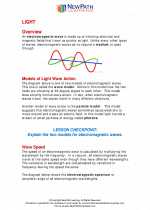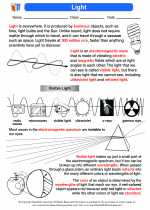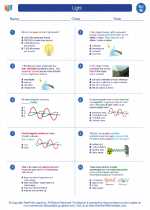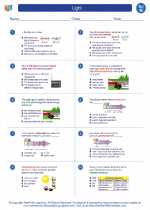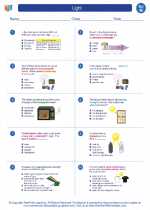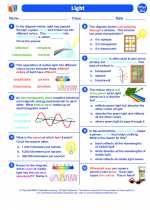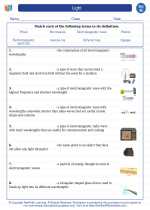Light -> wave-particle duality
Wave-Particle Duality
Wave-particle duality is a fundamental concept in quantum mechanics that describes the dual nature of particles, such as electrons and photons, which exhibit both wave-like and particle-like properties.
Wave-Like Properties
When particles are observed in certain experiments, they exhibit behaviors similar to waves. This includes phenomena such as interference and diffraction, which are typically associated with waves.
Particle-Like Properties
On the other hand, in other experiments, these same particles exhibit behaviors that are characteristic of particles, such as the ability to be localized at a specific position and the ability to carry momentum and energy like a particle.
Study Guide
- Historical Background: Understand the historical experiments and theories that led to the development of the wave-particle duality concept, such as the double-slit experiment and the photoelectric effect.
- Wave-Like Properties: Learn about the wave-like behaviors exhibited by particles, including interference and diffraction phenomena.
- Particle-Like Properties: Explore the particle-like properties of particles, such as the ability to be localized and to carry momentum and energy.
- Quantum Mechanics: Study the principles of quantum mechanics that underlie the wave-particle duality concept, including the wave function and the probabilistic nature of particle behavior.
- Modern Applications: Research modern applications of wave-particle duality in fields such as quantum computing and photonics.
